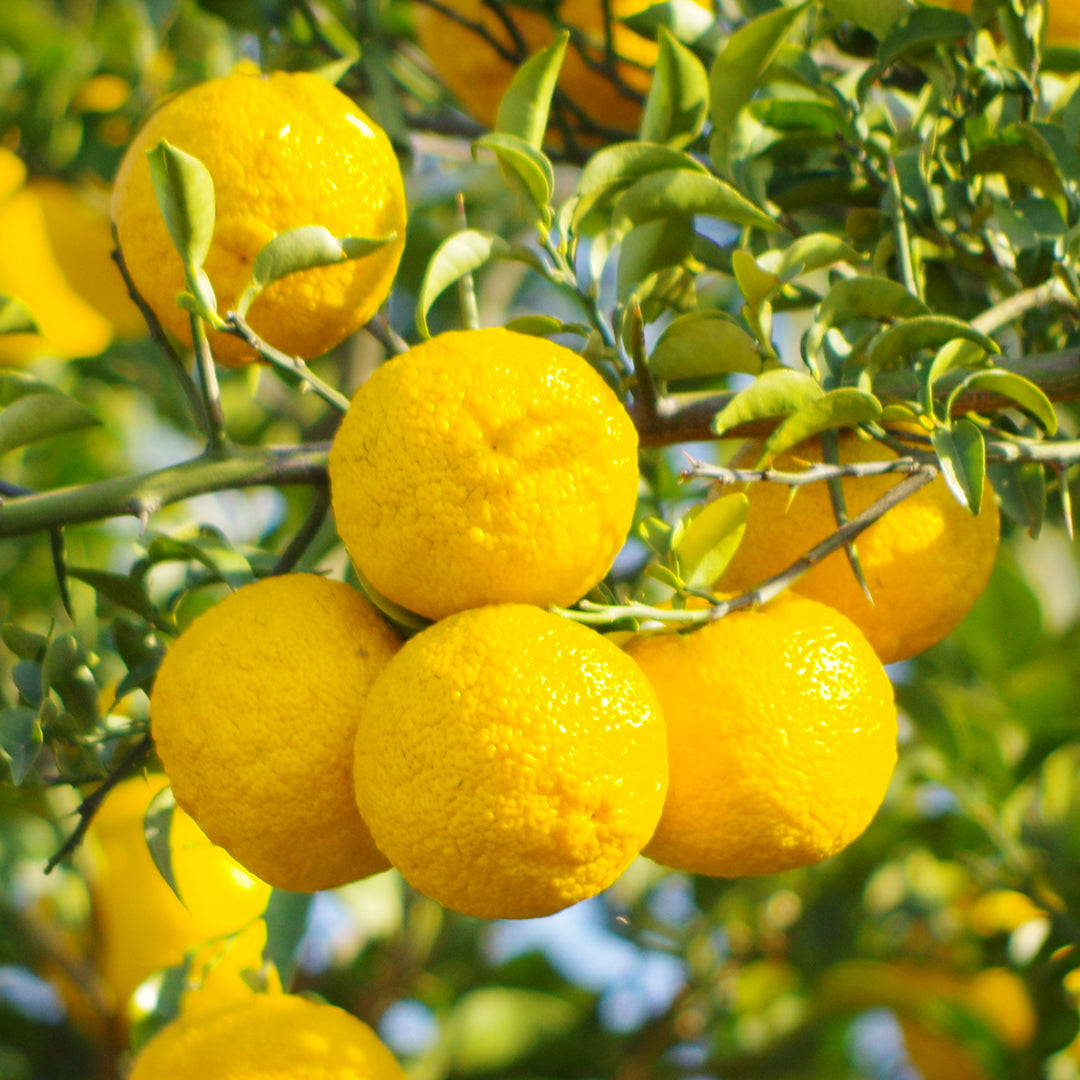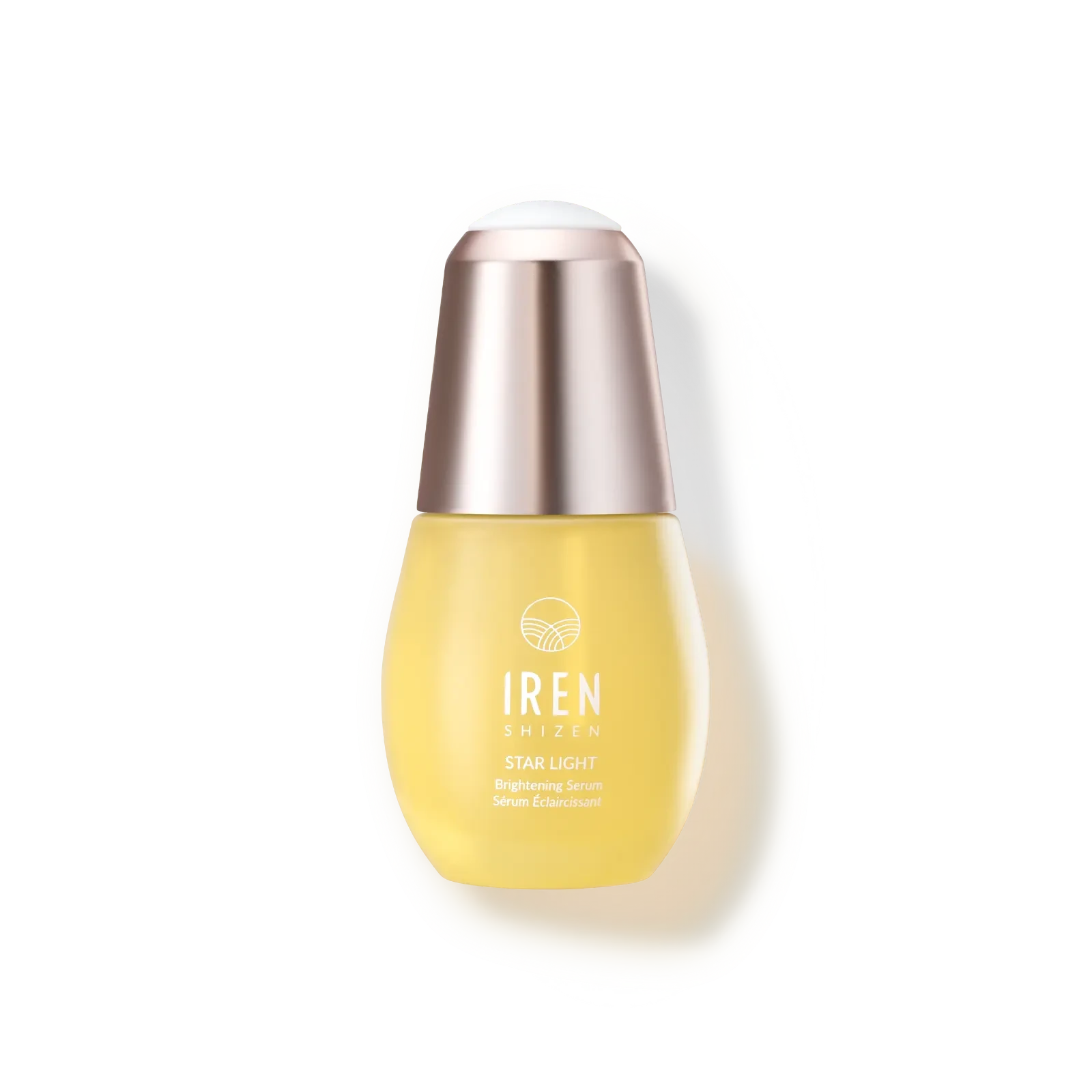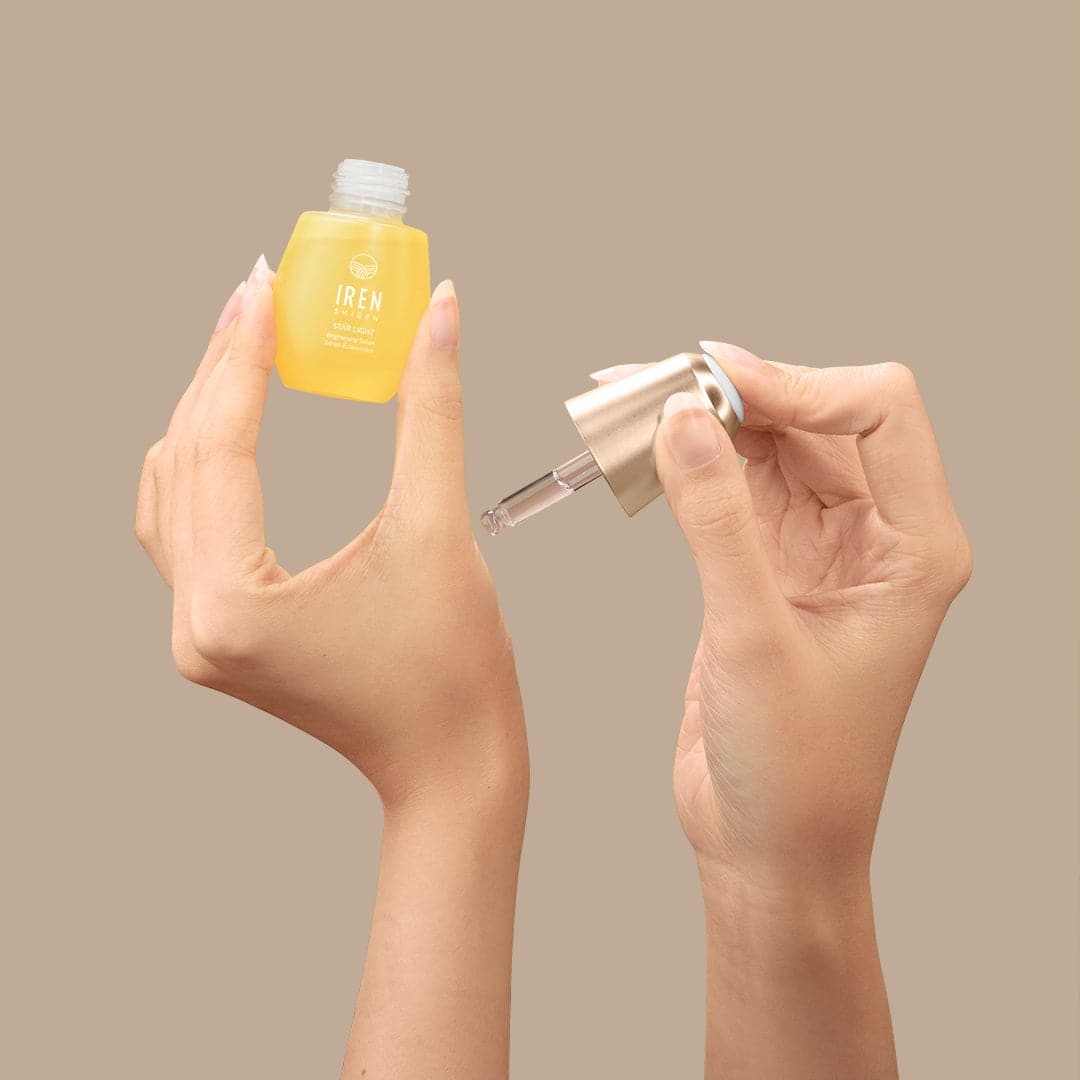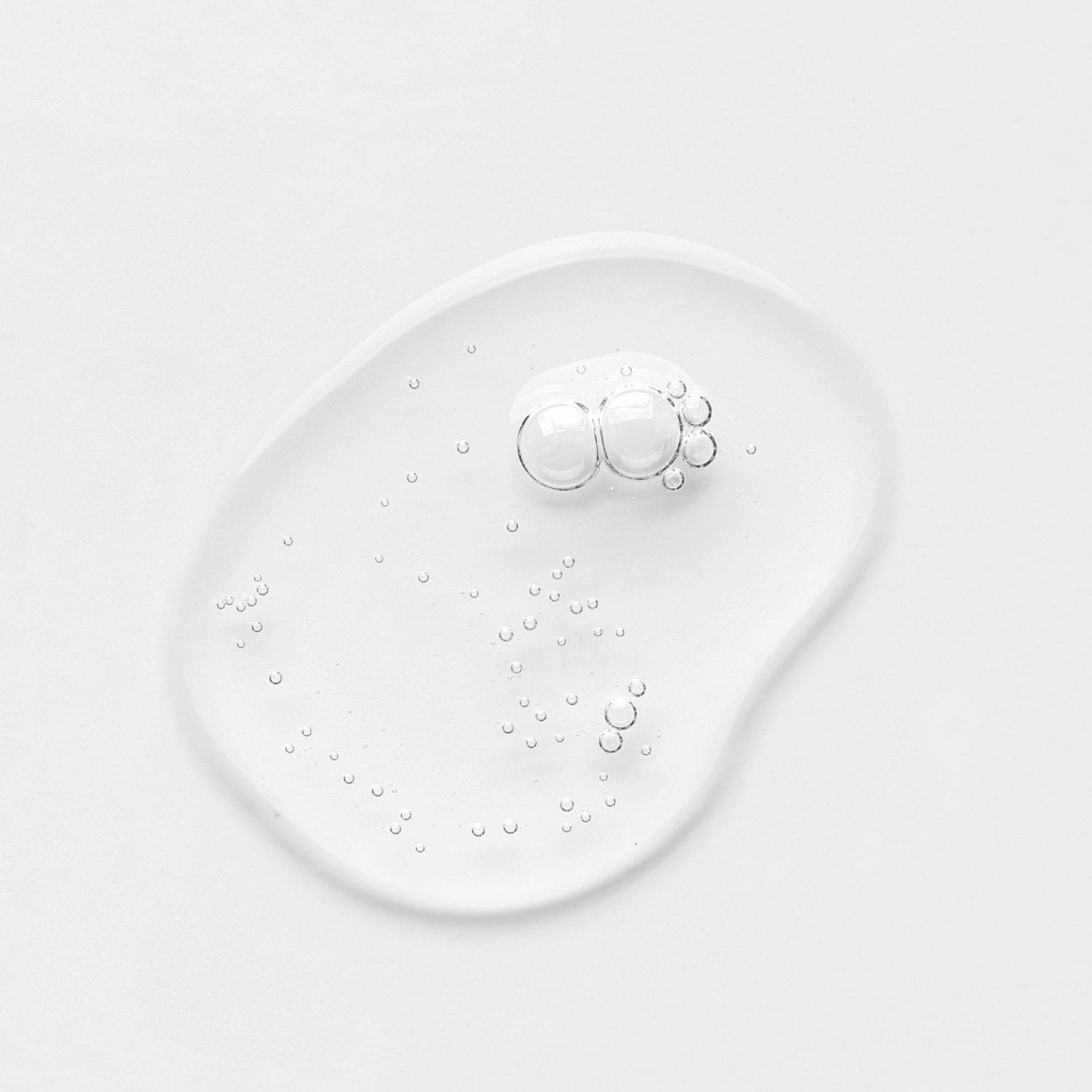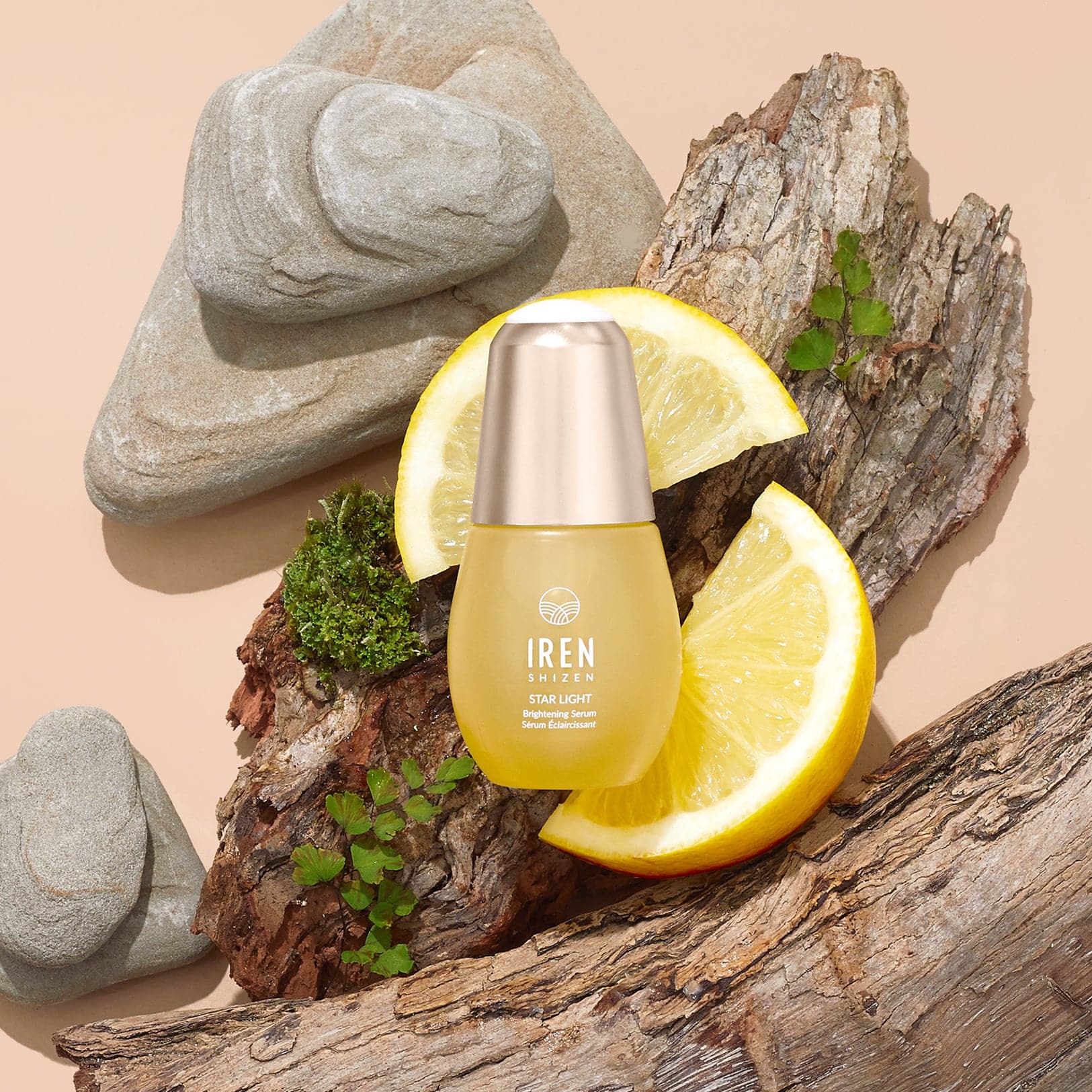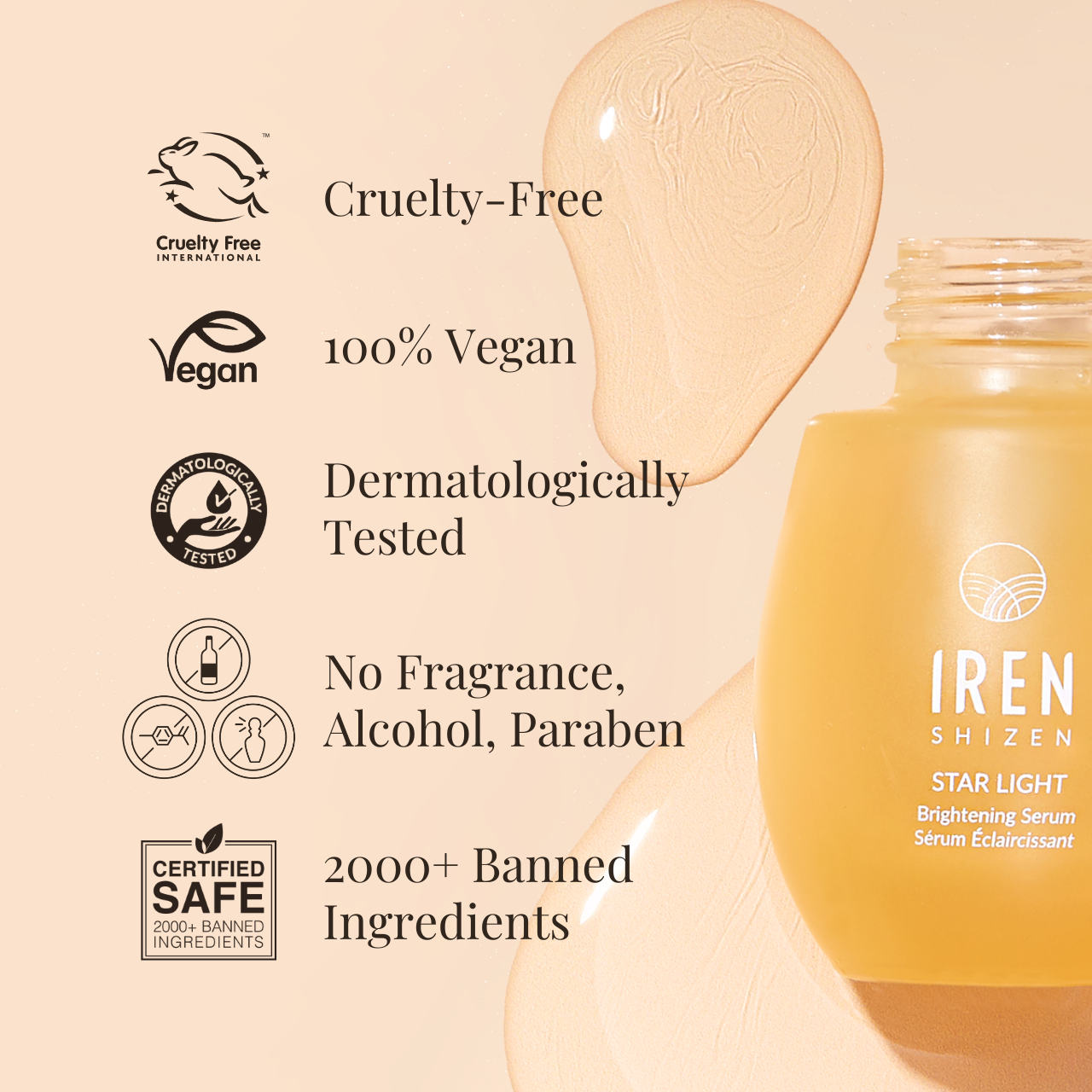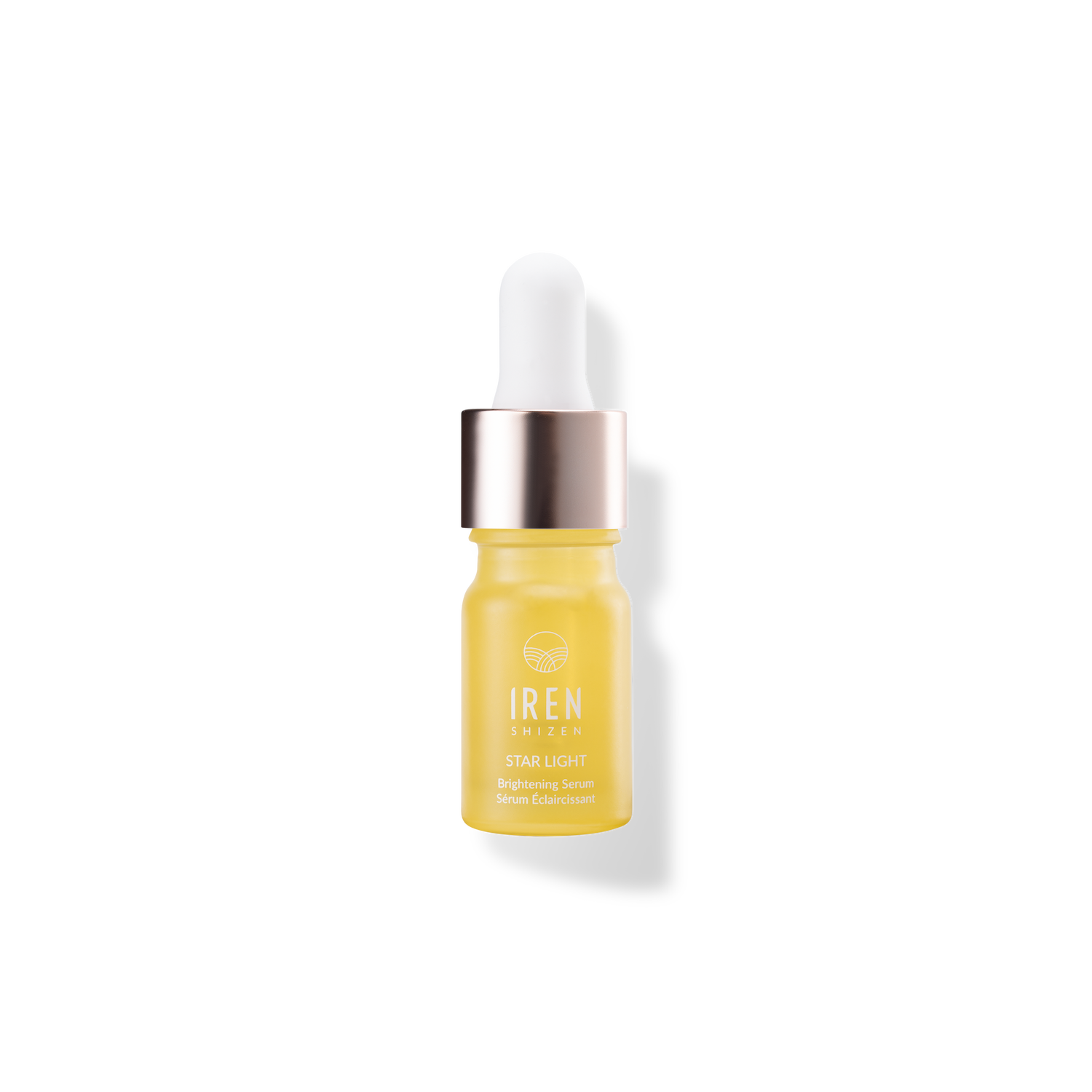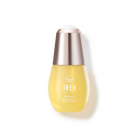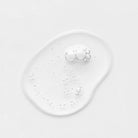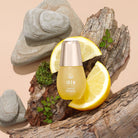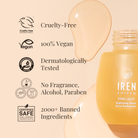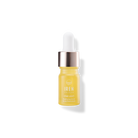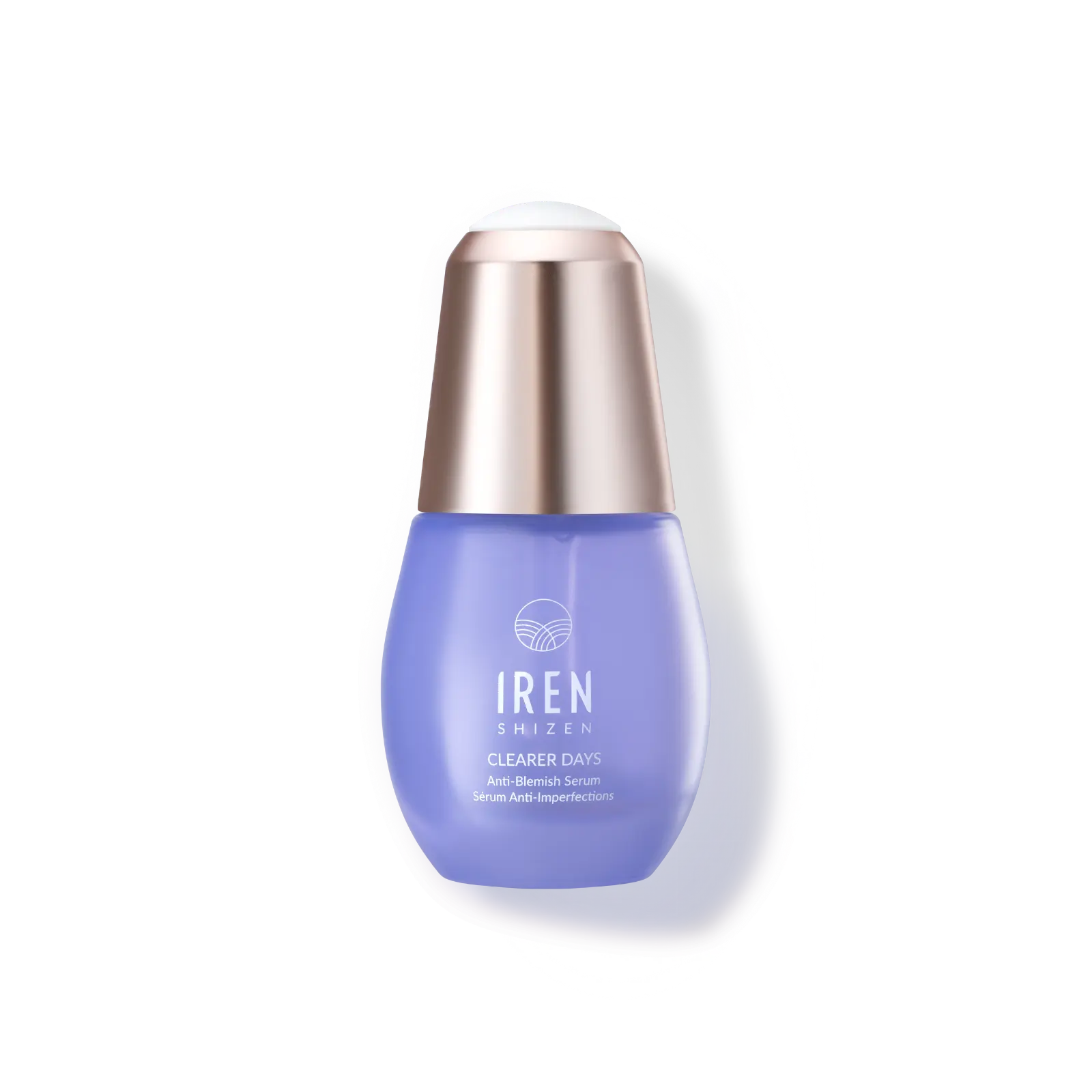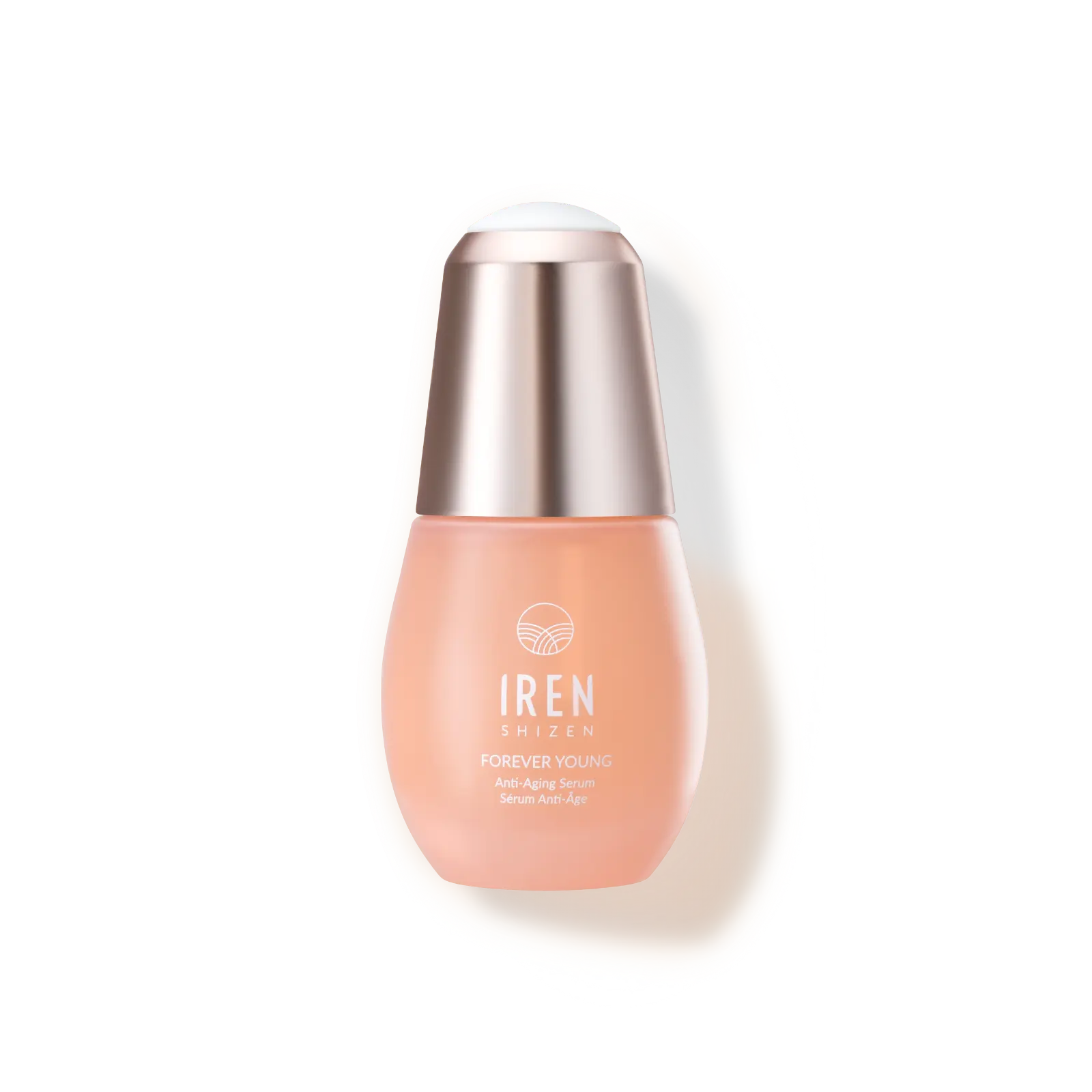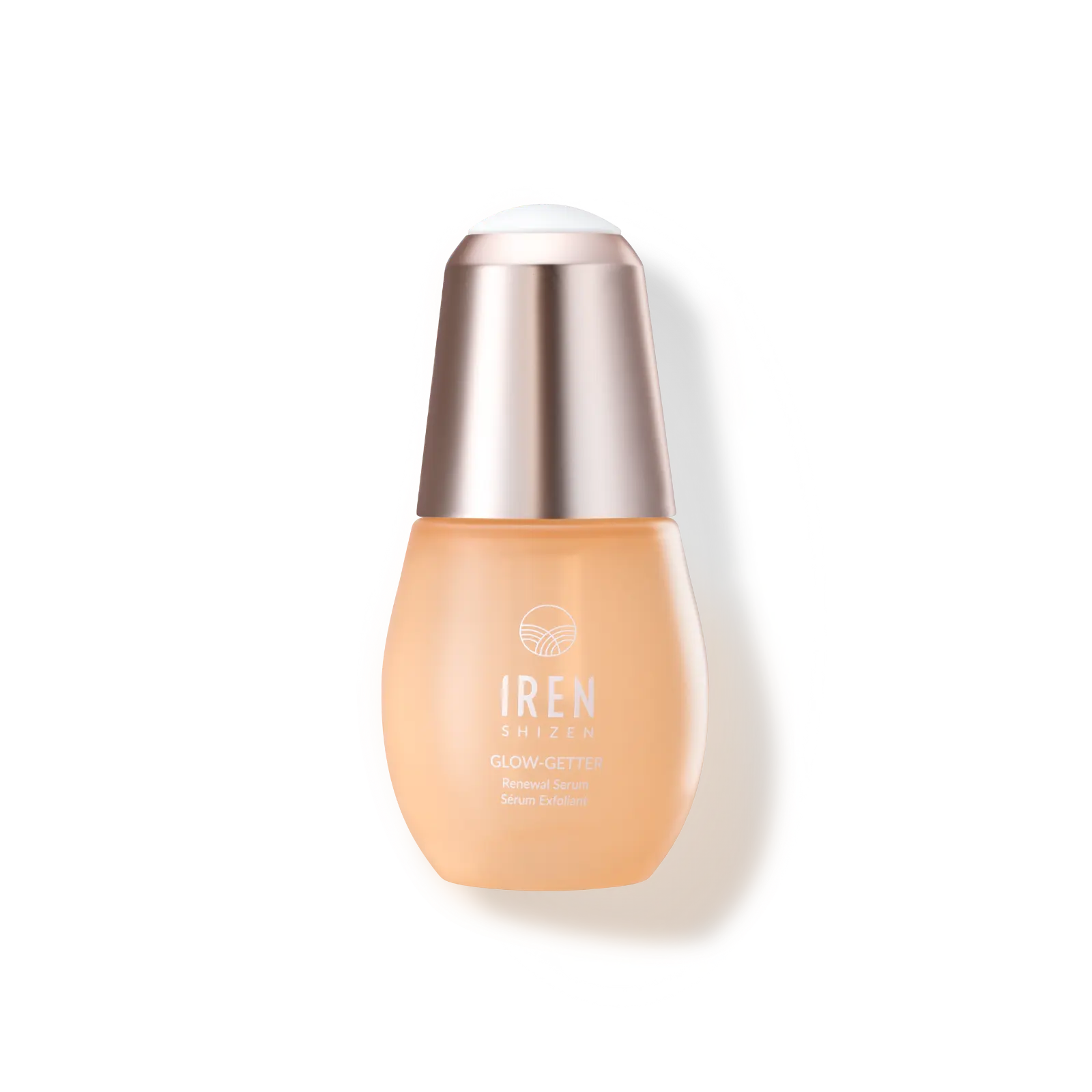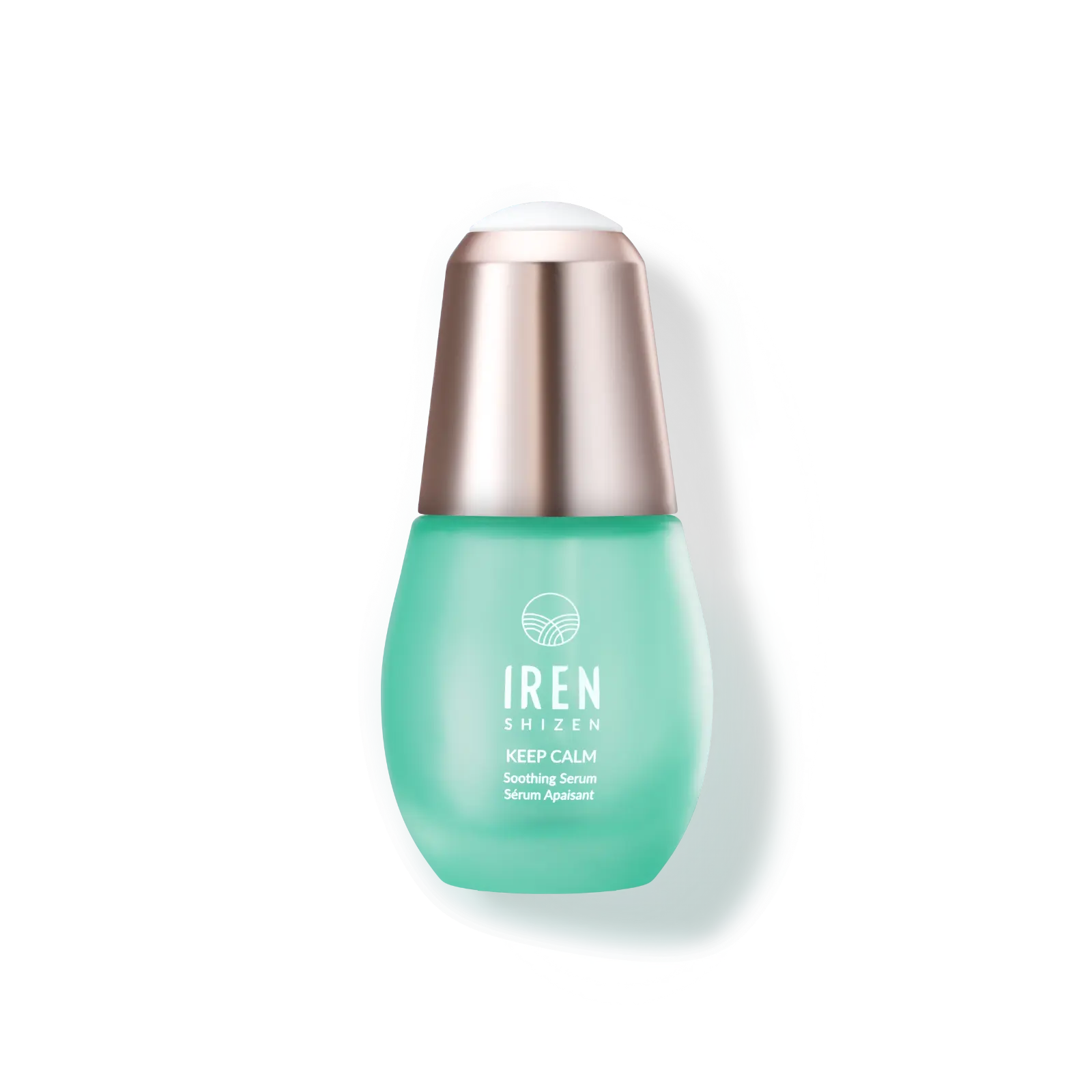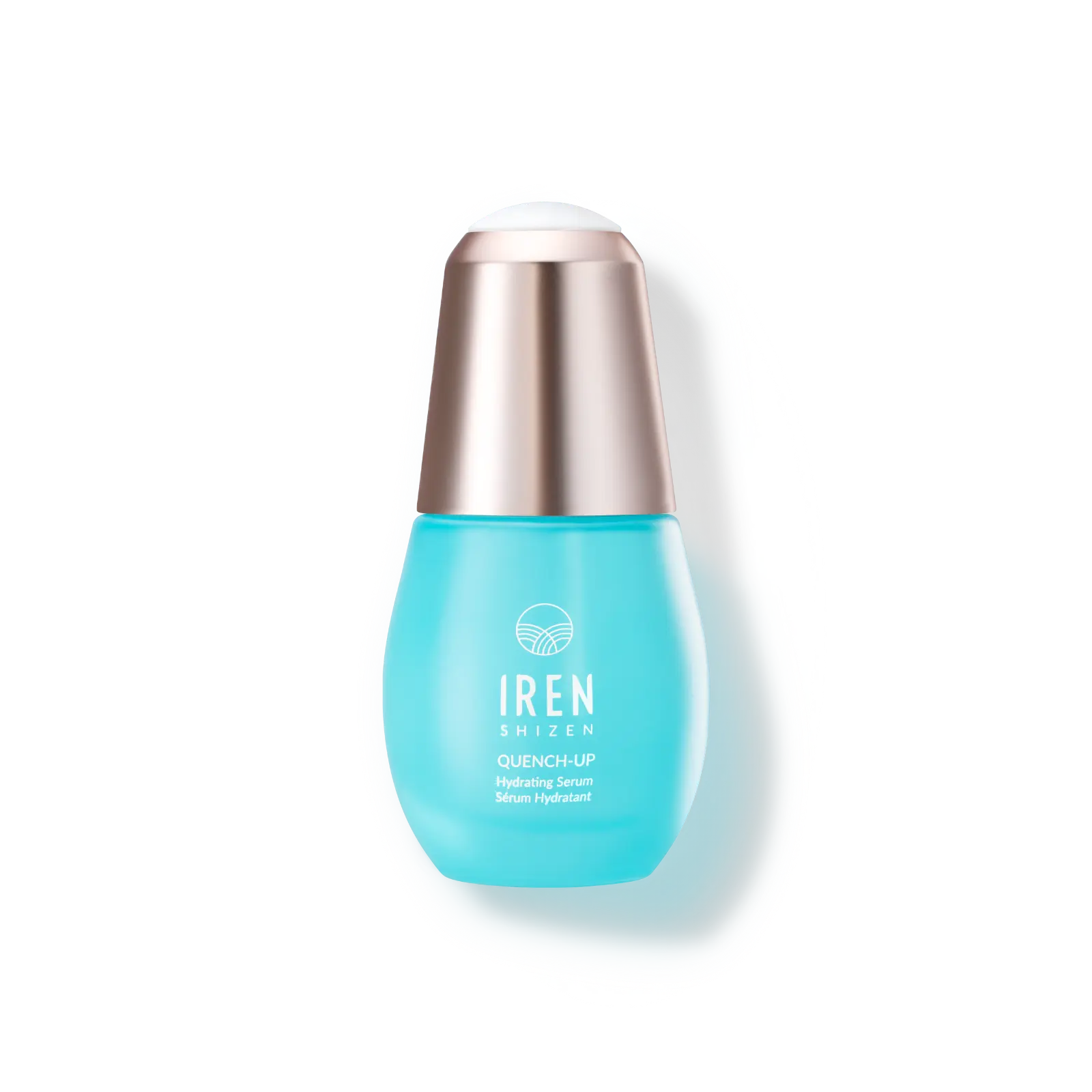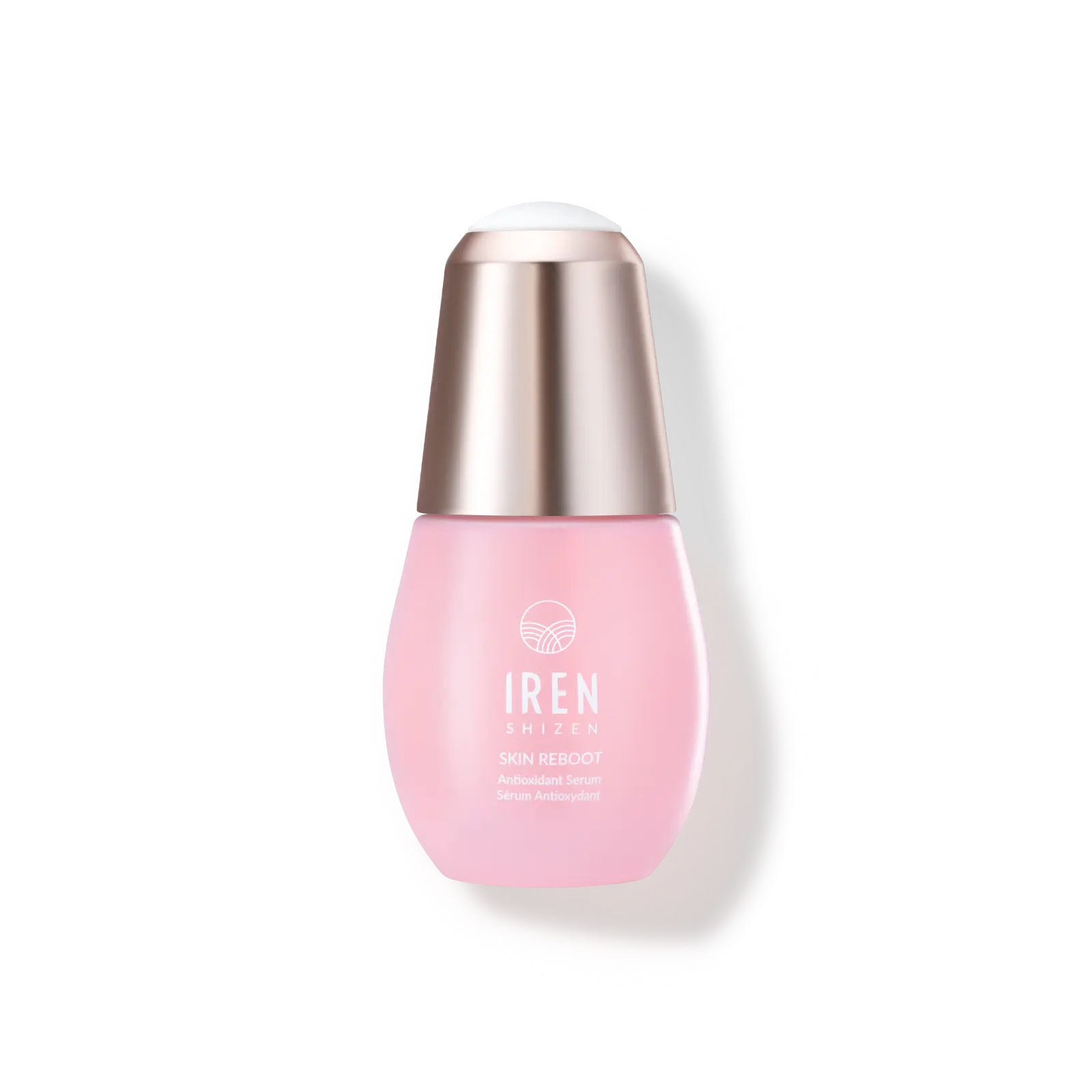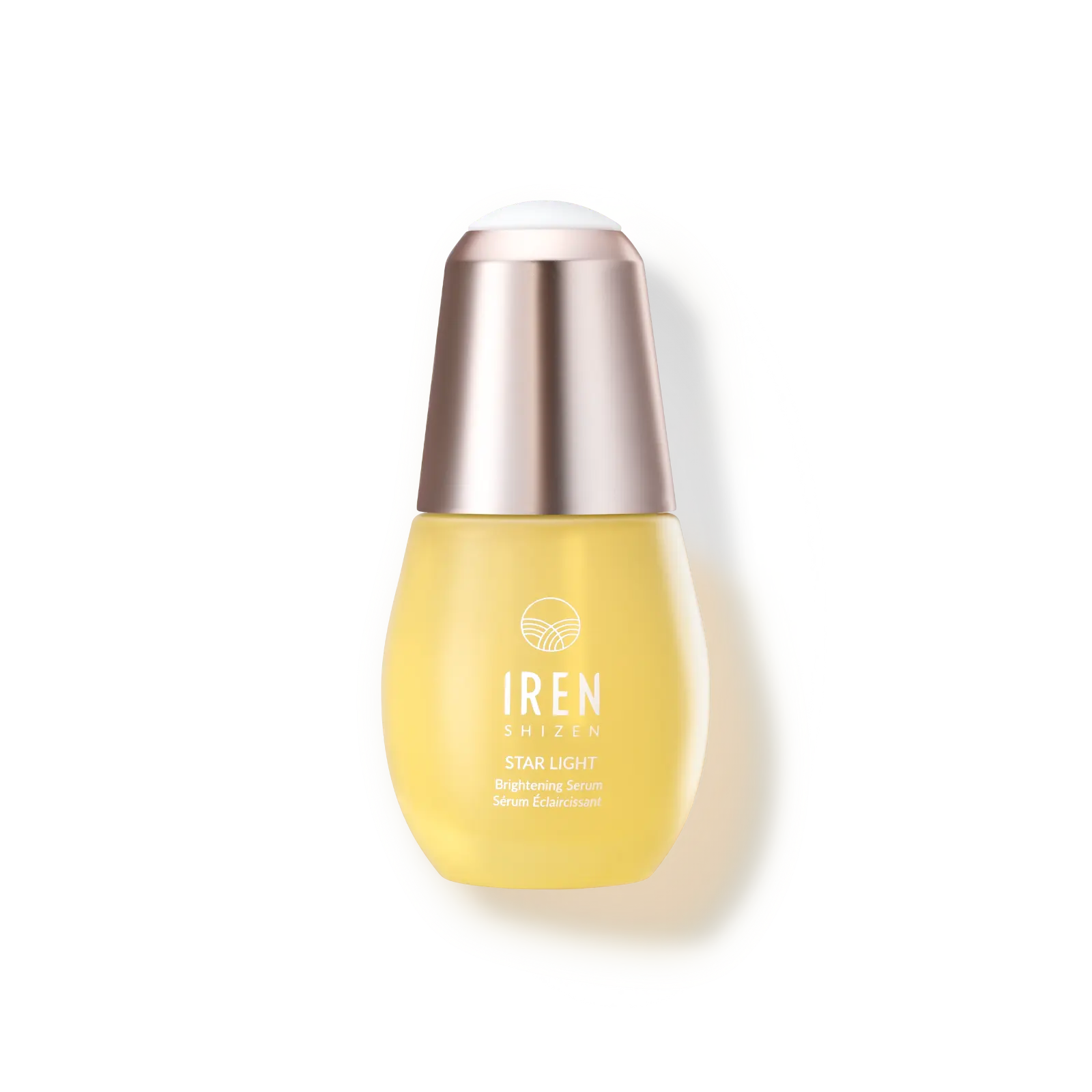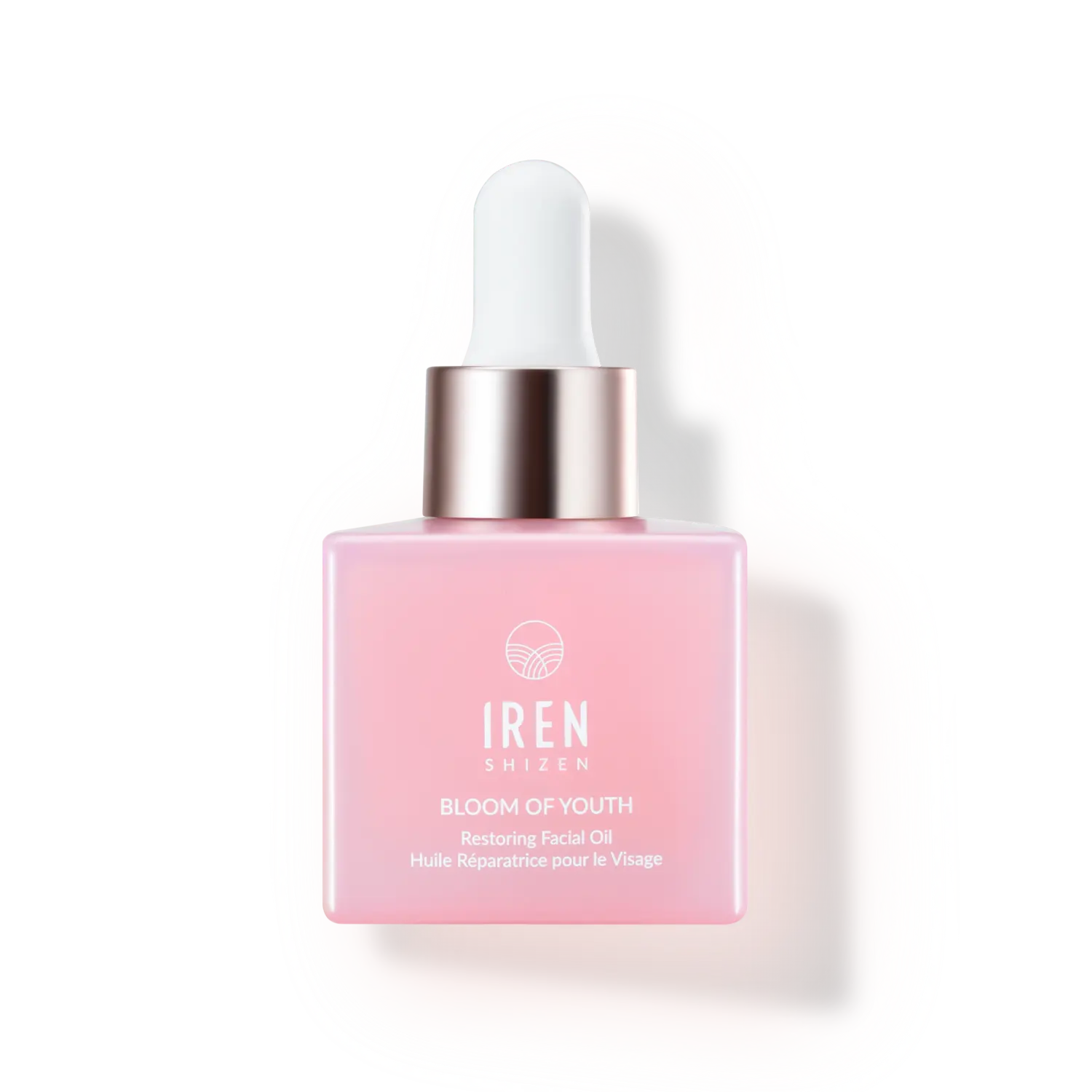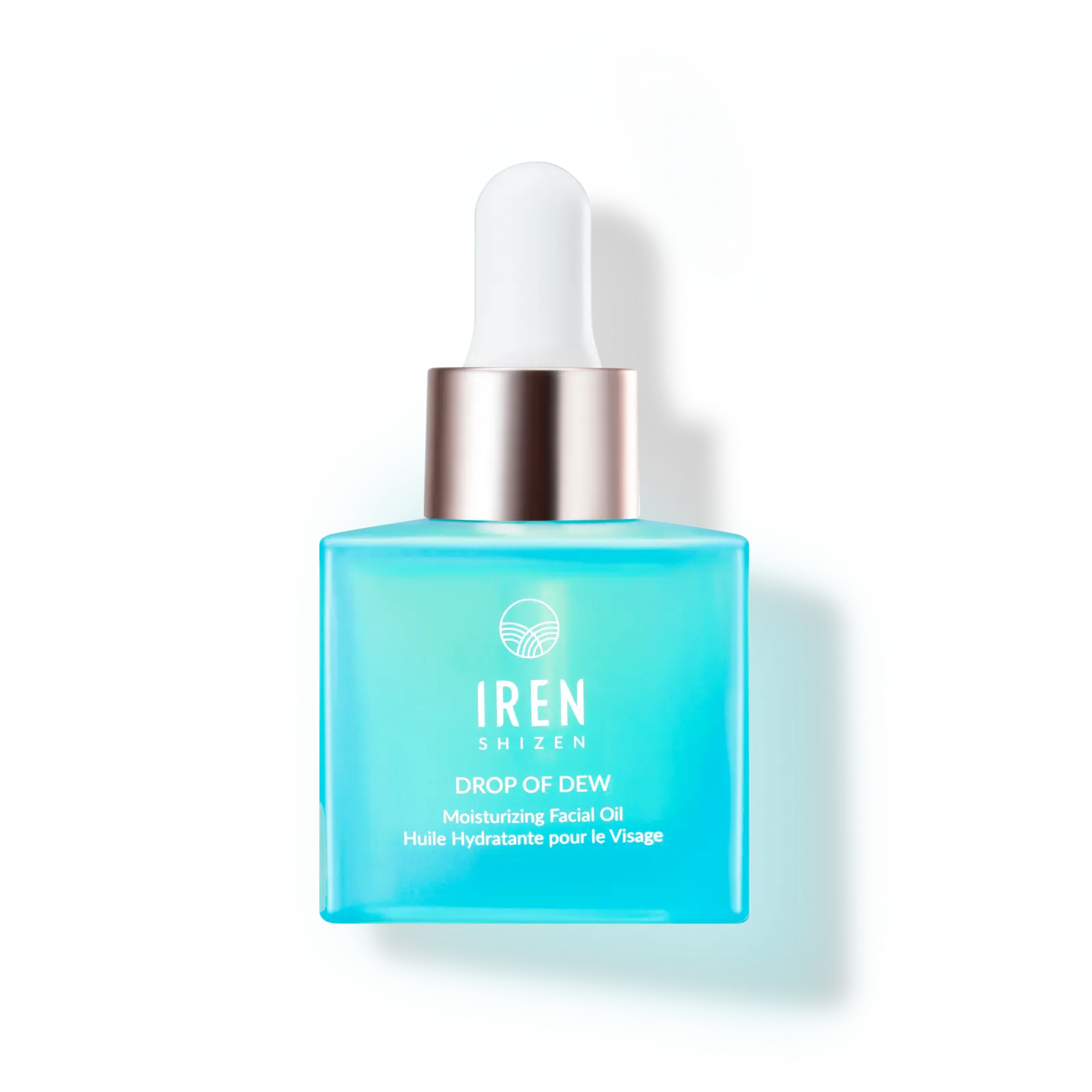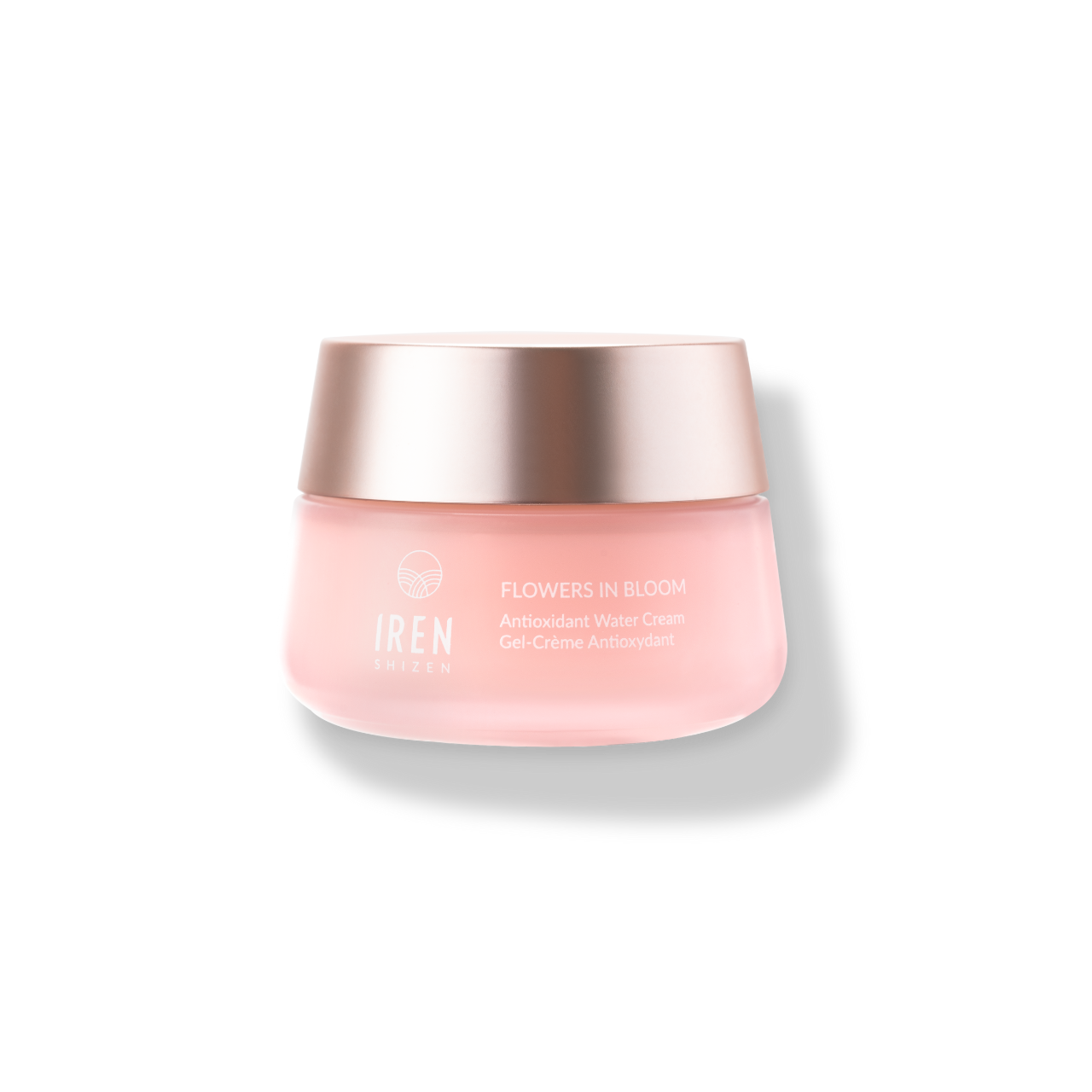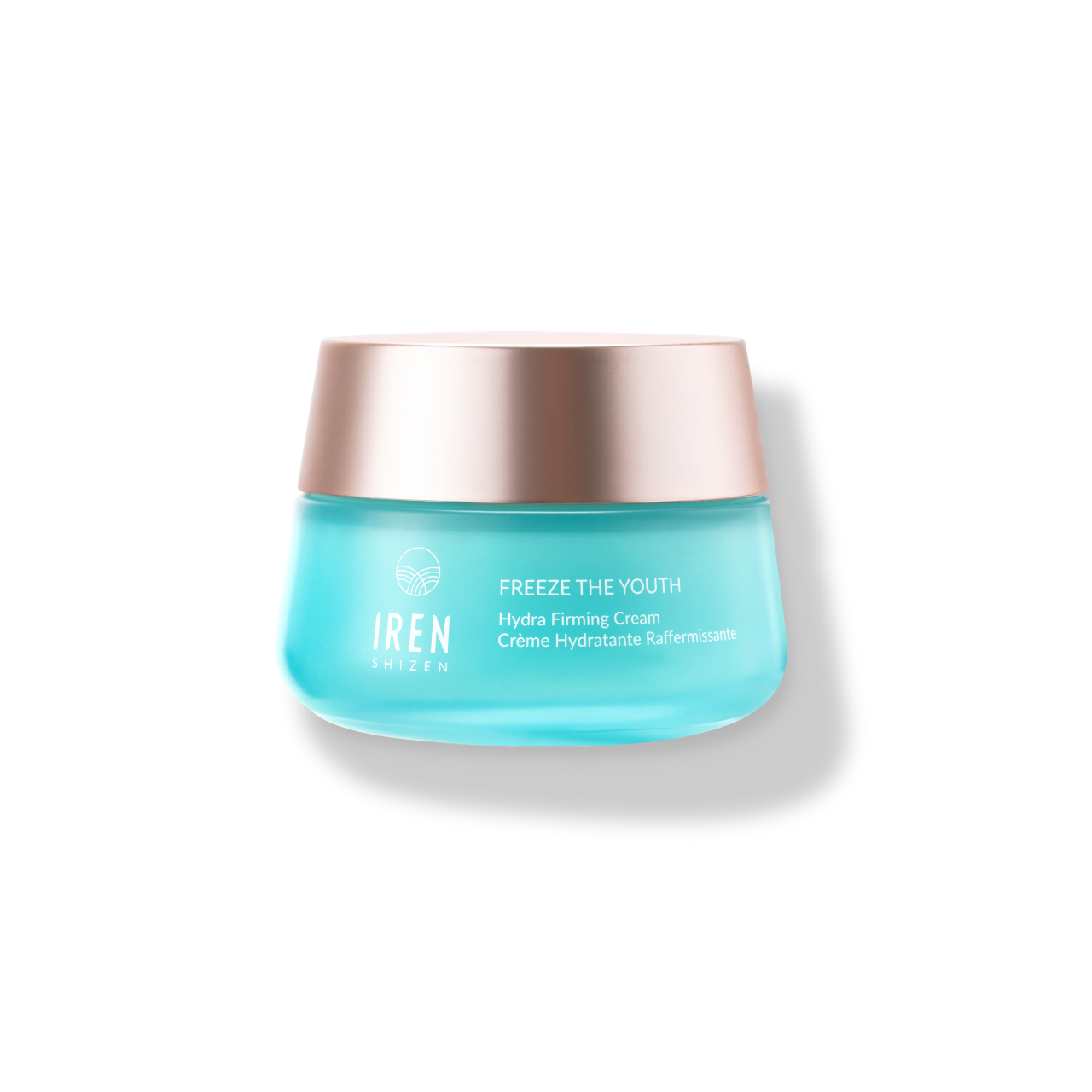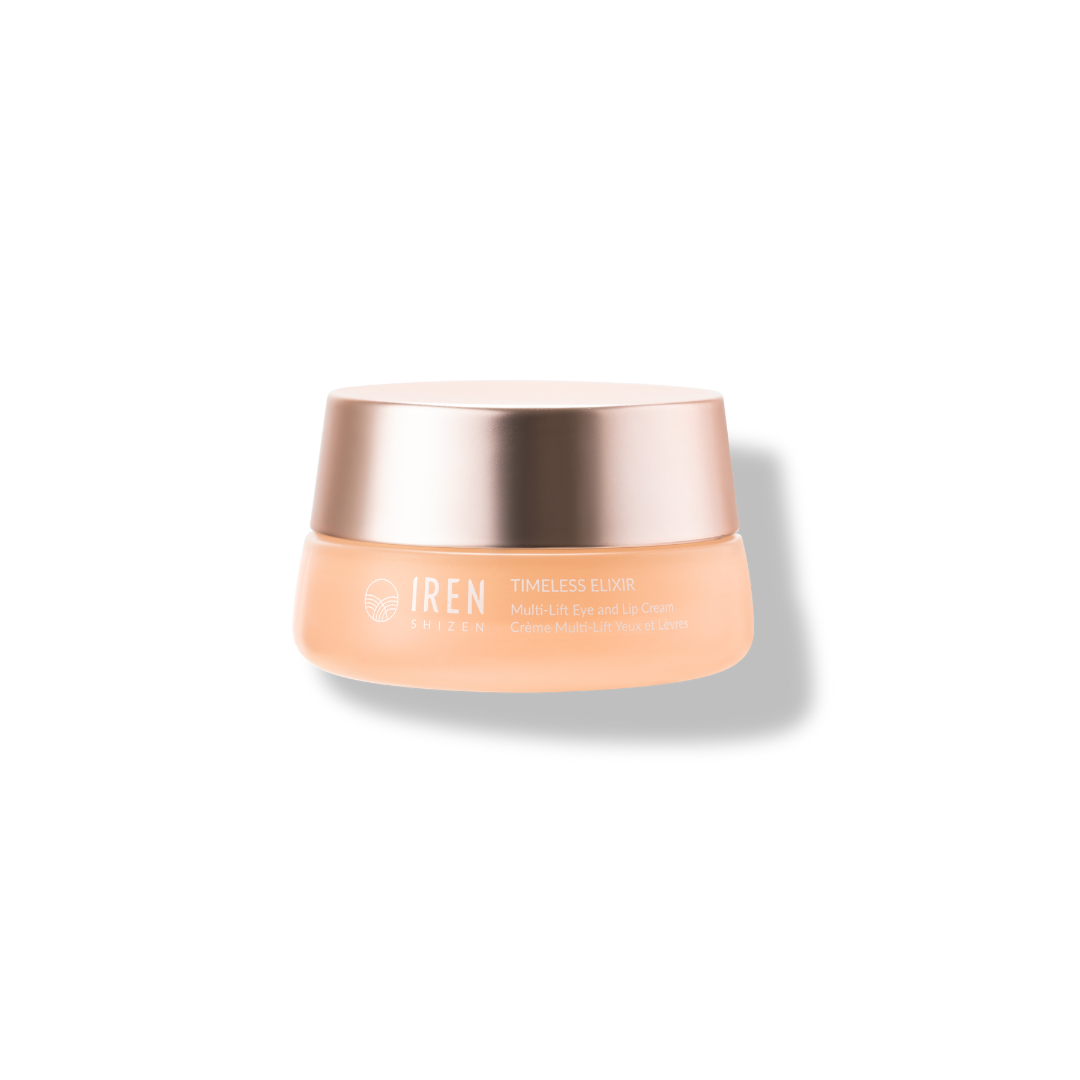HISTORY
Yuzu (Citrus junos) is a citrus fruit native to East Asia, introduced to Japan during the Nara period (710-794 AD). Over the centuries, it has become an integral part of Japanese culture, prized for its aromatic flavor and versatility in both culinary and medicinal practices. Yuzu is commonly used in sauces, beverages, and desserts, with its zest and juice playing key roles in popular Japanese condiments like ponzu sauce and yuzu kosho. One of the most cherished traditions involving yuzu is the winter solstice yuzu-yu, a bath filled with whole yuzu fruits believed to ward off colds, soothe the skin, and bring good fortune.
In Japanese skincare and traditional medicine, yuzu's benefits have long been acknowledged. The fruit's high vitamin C content and uplifting aroma made it a sought-after ingredient for treating various skin ailments. Even before scientific studies confirmed its efficacy, yuzu was used to improve skin radiance and hydration.
SCIENCE
Yuzu extract is renowned for its skin-brightening attributes, primarily due to its abundance of vitamin C and various antioxidants. Vitamin C, or ascorbic acid, acts as a potent antioxidant that effectively inhibits melanin production within the skin. This leads to a more uniform skin tone and a reduction in hyperpigmentation. In addition to vitamin C, yuzu extract contains flavonoids and limonoids, further enhancing its skin-brightening capabilities. Studies published in the Journal of Clinical and Aesthetic Dermatology highlight vitamin C's effectiveness in decreasing melanin synthesis and enhancing skin radiance. These findings demonstrate that the topical application of vitamin C can result in a brighter complexion, reduced pigmentation, and overall improved skin appearance.
Flavonoids such as hesperidin and pectin contribute significantly to the anti-inflammatory properties of yuzu extract. Hesperidin, known for its antioxidant and anti-inflammatory effects, works by inhibiting the production of inflammatory mediators within the skin, thus alleviating inflammation. Pectin, a soluble fiber, displays anti-inflammatory characteristics by modulating immune responses and decreasing the release of inflammatory cytokines. Research by Kim and Oh (2018) demonstrated that these compounds effectively suppress the generation of pro-inflammatory molecules such as interleukins and tumor necrosis factor-alpha (TNF-α), thereby mitigating inflammation. These findings support the inclusion of yuzu extract in skincare formulations targeting the soothing and calming of irritated skin.
Naringin, another flavonoid present in yuzu extract, significantly enhances its antioxidant capabilities. This compound is renowned for its potent antioxidant activity, aiding in the neutralization of harmful free radicals within the skin. Naringin effectively scavenges free radicals and inhibits lipid peroxidation, a critical process in oxidative stress. Free radicals are unstable molecules that can induce oxidative stress, ultimately leading to skin damage and premature aging. Naringin's antioxidant properties play a crucial role in shielding the skin from these detrimental effects, resulting in a healthier and more youthful appearance.
The benefits of yuzu extract for the skin are multifaceted. Its high vitamin C content promotes collagen production, reducing the appearance of fine lines and wrinkles, and repairing damaged skin cells to prevent premature aging. The extract's brightening properties help to even out skin tone and diminish dark spots, giving the skin a radiant glow. Additionally, the anti-inflammatory compounds like hesperidin and pectin soothe and calm irritated skin, making yuzu extract a valuable ingredient in skincare routines aimed at achieving balanced and clear skin.
REFERENCES
- Al-Niaimi, F., & Chiang, N. (2017). Topical Vitamin C and the Skin: Mechanisms of Action and Clinical Applications. Journal of Clinical and Aesthetic Dermatology, 10(7), 14-17.
- Kim, Y., & Oh, S. (2018). Anti-inflammatory and anti-cancer activity of pectin extracted from citrus peel. Journal of Agricultural and Food Chemistry, 66(36), 9525-9533.
- Jeong, D., Kim, D. H., Lee, G. P., Jeong, H. J., Moon, K. D., Kim, S. O., ... & Ahn, B. Z. (2004). Antioxidant activity of the compounds from the rhizomes of Smilax glabra. Archives of Pharmacal Research, 27(3), 278-285.
